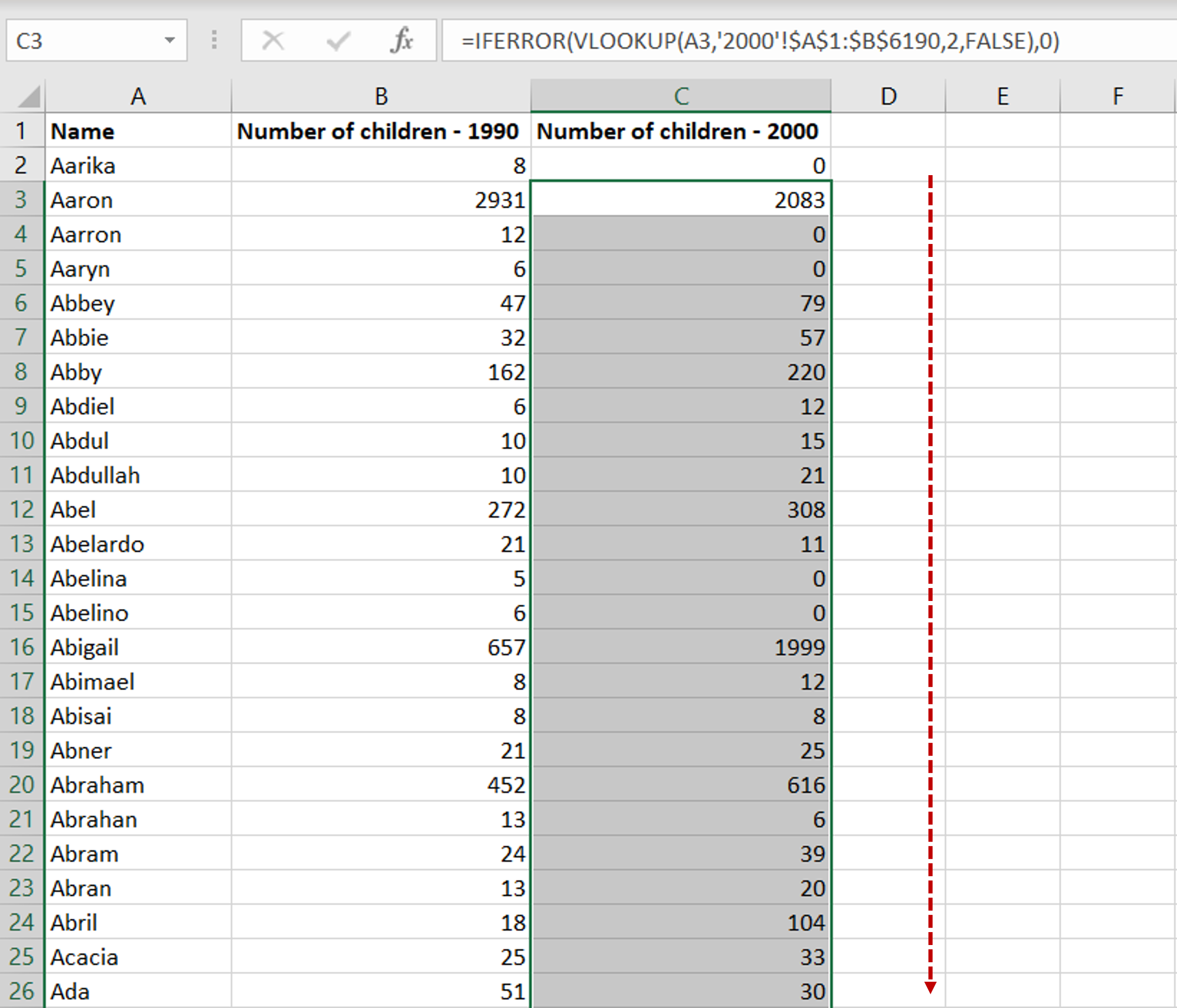How to Stop Links to Excel Sheets Easily

The Importance of Managing Spreadsheet Links

In the fast-paced environment of modern business and project management, Microsoft Excel remains a staple tool for organizing and analyzing data. However, one of the complexities users often encounter is dealing with links within Excel sheets. These links can refer to data from other sheets, workbooks, or even external sources. While useful, they can also cause issues such as file corruption, security risks, and operational inefficiencies if not managed properly. Understanding how to stop links to Excel sheets effectively can streamline your workflow, enhance security, and ensure data integrity.
Why You Might Need to Stop Links to Excel Sheets

- Reducing File Size: Linked files increase the size of your workbook, especially if the linked data is extensive.
- Improving Performance: Excel recalculates linked data, slowing down the processing speed of your file.
- Ensuring Data Integrity: Broken links can lead to #REF! errors, which can skew your data analysis.
- Enhancing Security: Linked sheets might inadvertently expose sensitive information or paths.
- Compliance: Meeting regulatory requirements might necessitate the removal of external links.
Identifying External Links in Excel

Before you can remove or manage links, you first need to identify them:
- Edit Links Dialog: Go to File > Edit Links. Here, you'll see a list of all external links in your workbook.
- Name Manager: Review names under Formulas > Name Manager for references that might be linked.
- Find Dialog: Use Ctrl + F (Find) to search for terms like "['" or "['*']", which might indicate links.
- Track Changes: If you're collaborating, check Track Changes for any linked data alterations.
Methods to Stop Links to Excel Sheets

Manual Link Removal

Removing links manually can be straightforward:
- Break Links: From the Edit Links dialog, select "Break Links" to remove all external references. This action cannot be undone, so ensure you have a backup.
- Find and Replace: If you know the link path, you can use the Find & Replace feature to replace link formulas with values or other local references.
- Copy and Paste Values: If the link is in a formula, copy the cell containing the link, paste as values, and then delete the original formula.
⚠️ Note: Manual removal of links can lead to loss of data updates from the source. Always verify the integrity of your workbook after removing links.
Using Macros and VBA to Remove Links

For larger workbooks or when dealing with multiple links:
- VBA Script: You can use VBA to automate the link removal process. Here's a simple script to get you started:
Sub RemoveAllExternalLinks()
Dim wb As Workbook
Set wb = ThisWorkbook
For Each link In wb.LinkSources(xlExcelLinks)
wb.BreakLink link, xlLinkTypeExcelLinks
Next link
End Sub
💻 Note: Running VBA scripts requires enabling macros, which can be a security risk if sourced from untrusted places.
Using External Tools and Add-ins

While Excel provides native capabilities for managing links, there are external tools designed to offer more robust link management:
- LinkFixer Advanced: This tool helps to locate, update, and remove links across multiple documents.
- Excel Find and Replace (Advanced): Can search for and replace link formulas with user-defined values.
| Tool | Functionality | Price | Compatibility |
|---|---|---|---|
| LinkFixer Advanced | Link management, mass updating | $499 (Single User License) | Excel 2016 and later |
| Excel Find and Replace (Advanced) | Advanced find and replace operations | $129 (Single User License) | Excel 2013 and later |

💡 Note: Always evaluate the cost-benefit when considering external tools for link management in Excel.
Best Practices for Managing Excel Links

To maintain a clean and efficient Excel environment:
- Regular Audits: Periodically check for and manage external links to keep your workbook's performance optimal.
- Data Validation: Ensure that linked data is current, relevant, and compliant with your organization's policies.
- Use of Named Ranges: Instead of linking directly to cells, use named ranges which can be easily updated or replaced without breaking links.
- Backup Before Changes: Before removing or changing any links, save a backup version of your workbook.
- Education: Train users on the impact of links and how to manage them effectively to prevent future issues.
By implementing these practices, you'll not only ensure data accuracy but also improve the overall performance and security of your Excel workbooks.
As your Excel spreadsheets grow in complexity and size, mastering how to stop links to Excel sheets becomes critical for maintaining data integrity, reducing errors, and ensuring smooth data management. This guide outlines a comprehensive approach to identify, remove, and manage external links, which is essential for keeping your Excel workbooks streamlined and secure.
What are the risks of having too many links in Excel?

+
Too many links can increase file size, slow down calculation speed, pose security risks through unintended data exposure, and lead to errors like #REF! if links are broken.
Can breaking links be undone?

+
No, once links are broken through Excel’s native features, they cannot be undone. This is why maintaining a backup before breaking links is crucial.
How often should I audit my Excel workbook for links?

+
It’s recommended to audit your workbook for links whenever there are significant changes or updates to the linked data, or at least quarterly for maintenance.



